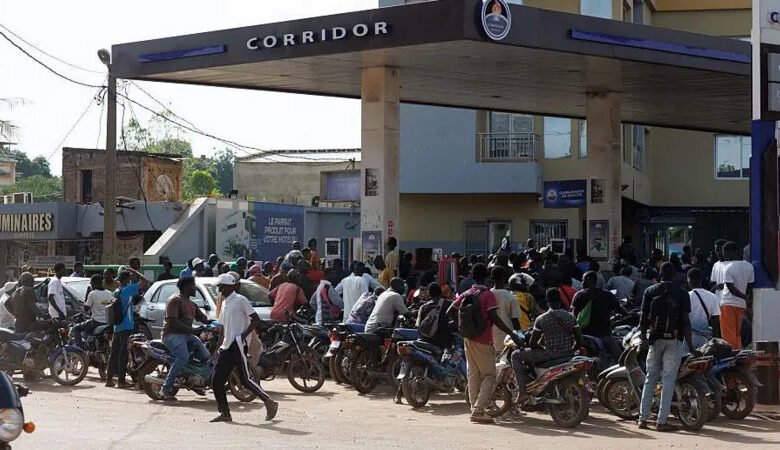Mali Closes Schools as Jihadist Blockade Disrupts Transportation

In Mali, thousands of children and young people have been forced to stay home as the government suspended all schools and universities nationwide.
The closure, announced by Education Minister Amadou Sy Savane, came after a severe fuel shortage caused by a blockade on fuel imports imposed by Islamist insurgents.
The minister stated on state television that the shutdown would last until November 9, explaining that the fuel crisis had made it difficult for teachers and students to travel. “We are doing everything possible to end this crisis so that classes can resume on 10 November,” he assured.
For weeks, life in Mali, especially in the capital, Bamako, has slowed down. Long queues of vehicles wait endlessly at petrol stations, and the usually busy streets are now quiet. Without sufficient fuel, transportation has nearly come to a halt, electricity supplies have been disrupted, and schools can no longer operate normally.
For children, the impact is especially harsh. Many were already facing learning interruptions caused by insecurity in parts of the country. Now, the fuel crisis has added another obstacle to their education.
In rural areas, where children often travel long distances to attend school, the suspension means days of uncertainty, wondering when classrooms will reopen and when their lessons can continue.
The crisis has also affected families’ daily lives. With limited electricity and transportation, many homes struggle to keep up with basic needs. The situation has become so serious that the US Embassy in Bamako asked non-essential staff and their families to leave the country due to worsening conditions.
Mali’s troubles run deep. Since 2021, the country has been under military rule following a coup led by Gen Assimi Goïta, who promised to restore stability after years of conflict with separatist and Islamist groups. Yet, the violence persists, and parts of the country remain beyond government control.
In line with the United Nations Convention on the Rights of the Child (UNCRC), every child has the right to education and to access learning opportunities without interruption.
The current suspension of schools in Mali highlights the urgent need to protect this right so that every Malian child can continue to learn, grow, and build a future free from the burdens of conflict and deprivation.
Read more about the article here





